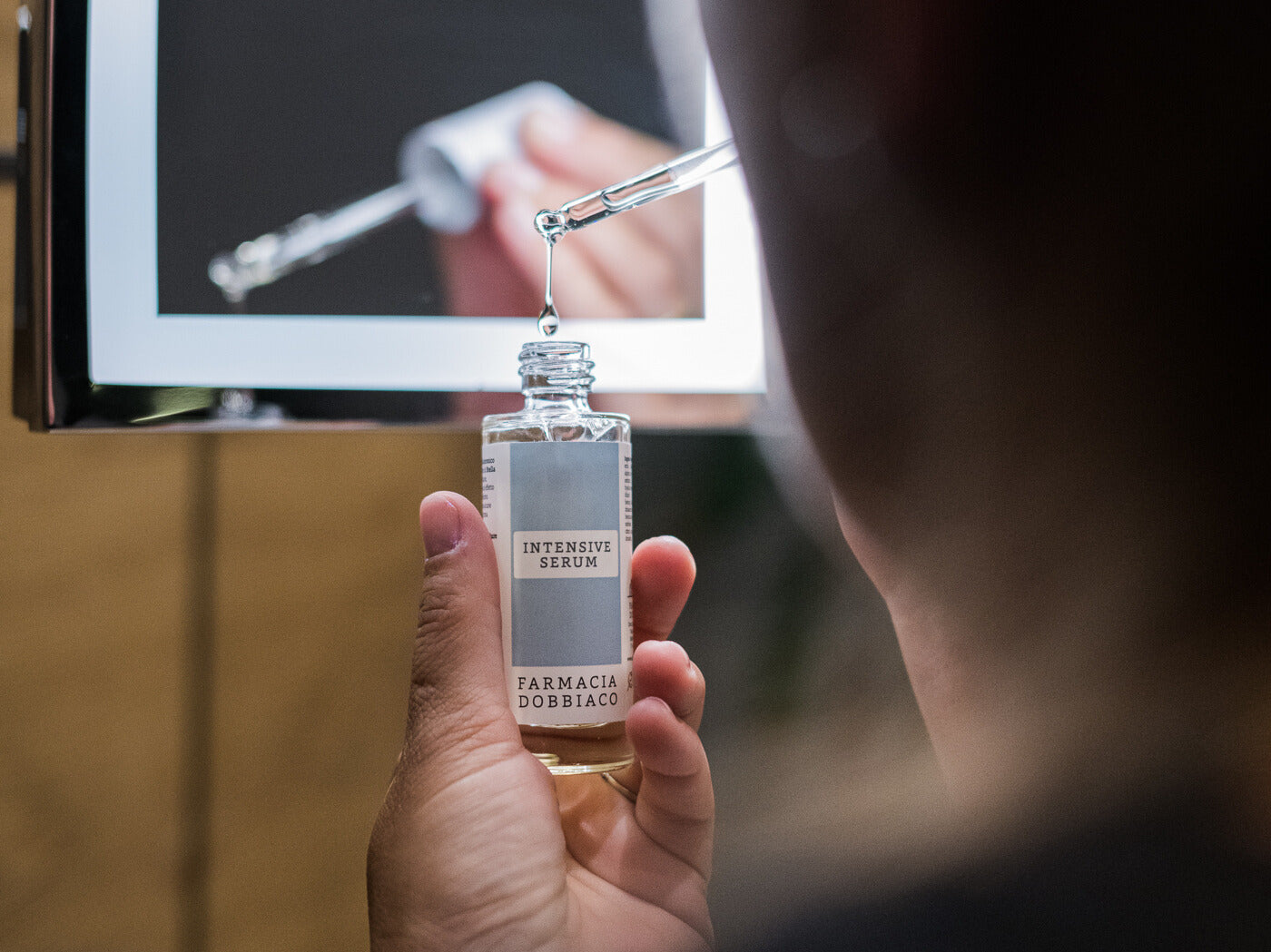Hyaluronic acid: an ally for healthy and beautiful skin.

Hyaluronic acid is a substance that has gained great popularity in the cosmetics and aesthetic medicine sector in recent years. But what exactly is hyaluronic acid and what are its benefits for our health and our skin?
Hyaluronic acid is a substance naturally present in our body, especially in the skin, joints and eyes. It is a long-chain sugar molecule that acts as a natural moisturizer, retaining water and keeping the skin hydrated, elastic and toned. In fact, it can retain up to 1000 times its weight in water, promoting skin hydration and reducing the appearance of wrinkles and signs of aging. As we age, the production of hyaluronic acid in our body decreases, leading to a loss of hydration, so the topical use of products containing hyaluronic acid can help plump the skin, reduce wrinkles and improve overall appearance of the skin.
In addition to being produced by our body, hyaluronic acid can also be consumed through some foods. Although it is present in limited quantities, some foods can help increase its levels in the body. The main foods that contain hyaluronic acid include:
- Bone Broth: Homemade bone broth is rich in hyaluronic acid. The long process of cooking chicken, beef or fish bones releases the hyaluronic acid present in the connective tissue of the bones, making it available for intake.
- Fermented Soy: Some fermented soy products, such as miso and soy sauce, contain small amounts of hyaluronic acid. However, it is important to note that these foods can also contain high amounts of sodium, so it is advisable to consume them in moderation.
- Antioxidant-rich foods: Antioxidants, such as vitamins C and E, can help preserve and stimulate the production of hyaluronic acid in the body. Foods such as citrus fruits, kiwis, spinach, carrots and almonds are good sources of antioxidants.
It is important to underline that the intake of hyaluronic acid through nutrition is limited, since most of the hyaluronic acid present in foods is broken down in the digestive system. Therefore, to take full advantage of the benefits of hyaluronic acid for the skin, it is advisable to consider the use of topical products or specific medical treatments.






